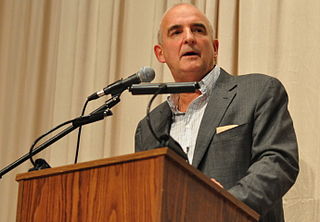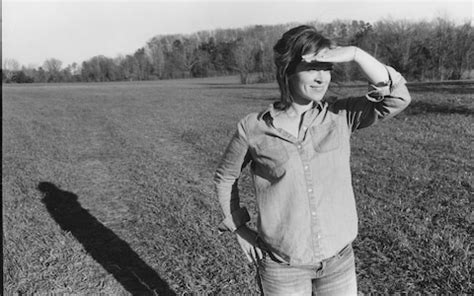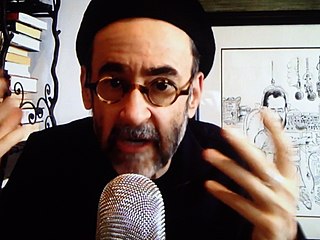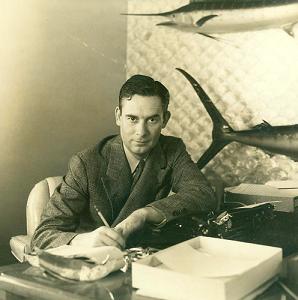A Quote by William Bratton
American history and the black experience are inextricable. And both are inextricable from policing. Far more often than not, that's been a good thing.
Quote Topics
Related Quotes
Suffering, I was beginning to think, was essential to a good life, and as inextricable from such a life as bliss. It’s a great enhancer. It might last a minute, but eventually it subsides, and when it does, something else takes its place, and maybe that thing is a great space. For happiness. Each time I encountered suffering, I believed that I grew, and further defined my capacities – not just my physical ones, but my interior ones as well, for contentment, friendship, or any other human experience.
I stared at the Ohio River every day as a child, a thing that for me is almost more symbol than river. The formation of personality is inextricable from place. It strikes me as an interesting example of dependent co-arising; land shapes the organism, which then reshapes - literally and figuratively - the land. This because of this; not that because not that. Nothing is separate, least of all the literary mind.
Does it seem to you impossible to imagine anything more inextricable than the social contract, when you think of the frightful number of relations that it must regulate -- something like squaring the circle, or finding perpetual motion? That is the reason why, wearied of the struggle, you fall back on absolutism and force.
Man... is an inextricable tangle of culture and biology. And not being simple, he is not simply good; he has... a kind of hell within him from which rise everlastingly the impulses which threaten his civilization. He has the faculty of imagining for himself more in the way of pleasure and satisfaction than he can possibly achieve. Everything that he gains he pays for in more than equal coin; compromise and the compounding with defeat constitute his best way of getting through the world. His best qualities are the result of a struggle whose outcome is tragic. Yet he is a creature of love.




































